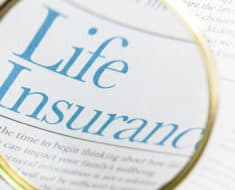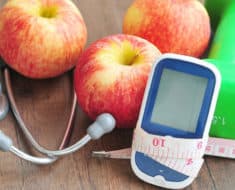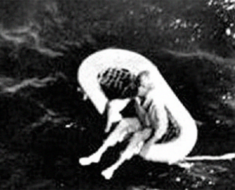
Sup China
Donating eggs is probably one of the greatest gifts you can make to any couple, and, if you decide to become a donor, know that you could completely change someone else’s life. However, many people might be reluctant to give eggs for a variety of reasons. Unfortunately, these are often due to misconceptions people have about what it means to be a donor and the whole process. Let’s take a look at some of the most common myths about egg donorship that should be dispelled immediately.
Donating Eggs will Deplete Your Egg Supply
False. Every woman is born with anywhere between 1 million and 2 million eggs and only loses a few hundred throughout her lifetime as a result of ovulation. Only 10 to 15 eggs are taken out during the process, so you don’t have to worry about your supply of eggs getting depleted during donation.
Donating Eggs Could Make the Donor Infertile
This is another very pervasive myth about being an egg donor, but a very damaging one. Too many seem to think that giving eggs will reduce their chances of being able to have children later. There is no evidence of this and, as we just mentioned, the number of eggs taken out is minuscule compared to your reserves. However, you have to know that just like any type of procedure there are risks involved. Some women will experience things like ovarian torsion or overstimulation, bleeding, and internal organ damage, but these cases are very rare.
There is No Limit to the Number of Eggs You can Give
On the other hand, that doesn’t mean that you can give an unlimited number of eggs. For the safety of donors, you aren’t allowed to give eggs more than 6 times. This is mainly to reduce the chances of complications. Like we said, donating eggs remains a medical procedure, and one of the best ways to reduce risks is to limit the number of interventions. The delay between cycles, however, will be at the discretion of your doctor and the clinic you’re working with.
Anyone can be an Egg Donor
That is not true. You will need to be screened thoroughly before you can become a donor. Fertility clinics offering egg donor services like MCRM fertility will have you go through a rigorous screening and application process. They will look at things such as your medical history, if you had STDs, whether you’re a smoker, and more. You also have to be between the ages of 21 to 32 if you’re a first-time donor. Once you pass an evaluation, the clinic will call you for a first appointment. If you’re eligible, you will receive up to $5,000 for each egg retrieval cycle.
These are all common myths about egg donation procedures that could discourage people from giving eggs. That’s why you should consider speaking with a professional to know exactly what you can expect from the procedure if you decide it’s for you.









































